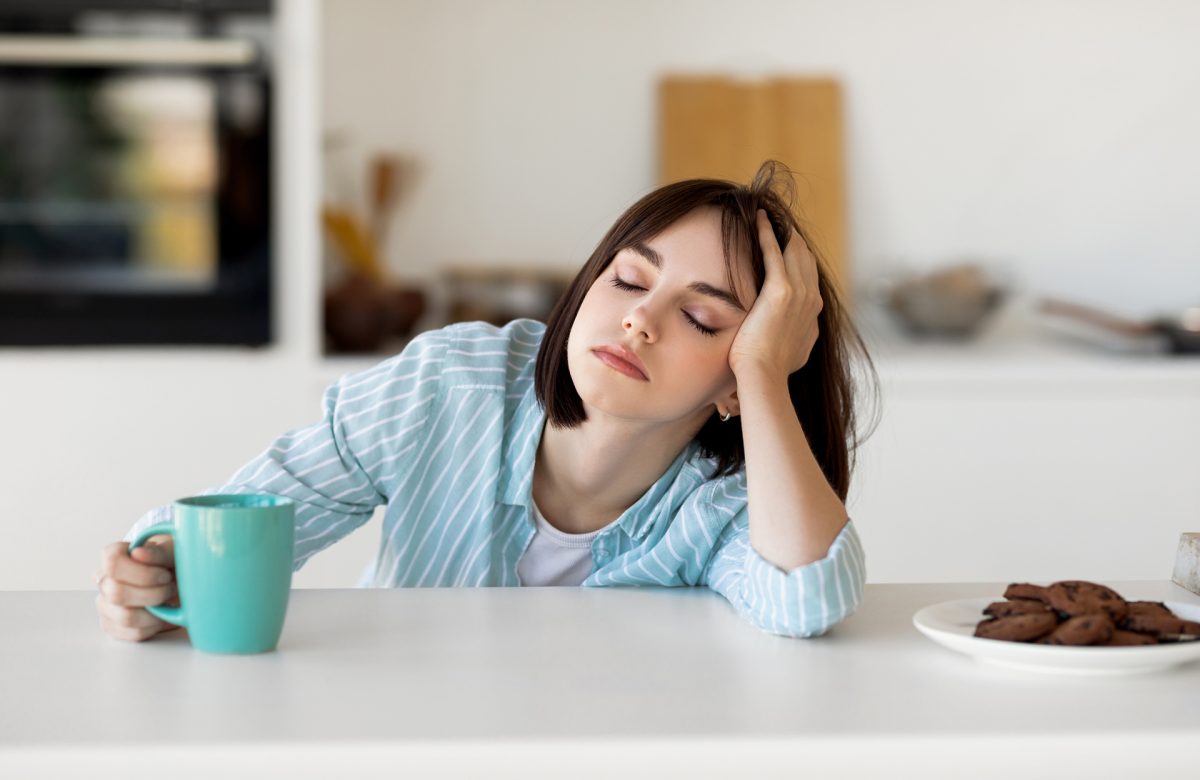Deploy Folding Table of contents
Getting a good night’s sleep is essential for your physical and mental health. But sometimes, life gets in the way, and you may not be getting enough. Here are 3 alarming signs that you may not be getting enough rest.
The Effects of Sleep Deprivation on Your Health
Sleep deprivation is the state of not getting the recommended amount of sleep. Adults need 7 to 9 hours of sleep per night. If you don’t get enough sleep, your body and mind don’t get the time they need to rest and recharge. This can lead to a number of issues.
When you’re sleep deprived, you may experience trouble with your memory, difficulty with concentration, and a lack of energy. You may also notice a decrease in your immunity, leading to more frequent illnesses.
Long-term sleep deprivation can lead to serious health issues, such as obesity, diabetes, and even an increased risk of heart attack and stroke.
How to Identify a Lack of Quality Sleep
If you’re worried that you may not be getting enough sleep, there are several signs to look for.
Do you feel tired during the day: If you feel tired and sluggish during the day, despite getting a good night’s sleep, this could be a sign that you’re not getting enough rest.
Do you have difficulty concentrating: If you find it difficult to focus or concentrate, this can be a sign of sleep deprivation.
Do you rely on caffeine to get through the day: If you find yourself relying on coffee or energy drinks to make it through the day, this could be a sign of a lack of quality sleep.
Simple Strategies to Improve Your Sleep Hygiene
If you’re not getting enough sleep, there are several steps you can take to improve your sleep hygiene.
- Create a bedtime routine and stick to it.
- Limit your exposure to screens and blue light before bed.
- Keep your bedroom cool, dark, and quiet.
- Avoid caffeine and alcohol before bed.
- Try relaxation techniques before you go to bed.
Improving your sleep hygiene can help you get the quality sleep you need.
Getting enough sleep is essential for your physical and mental health. If you’re not getting enough rest, you may be at risk for a number of health issues. Identifying warning signs of sleep deprivation, such as fatigue and difficulty concentrating, can help you identify if you need to make changes to your sleep hygiene. Taking simple steps, such as sticking to a bedtime routine, can help you get the rest you need.
Sources
- Dr. Michael Breus, “The Power of When: Discover Your Chronotype–and the Best Time to Eat Lunch, Ask for a Raise, Have Sex, Write a Novel, Take Your Meds, and More.” (Grand Central Life & Style, 2017).
- Matthew Walker, “Why We Sleep: Unlocking the Power of Sleep and Dreams.” (Scribner, 2018).
- National Sleep Foundation, “Sleep Health” (2020).
FAQ
Getting enough sleep is essential for your physical and mental health. If you’re not getting enough rest, look for signs of sleep deprivation, such as feeling tired during the day, difficulty concentrating, and relying on caffeine. To improve your sleep hygiene, create a bedtime routine, limit your exposure to screens and blue light, keep your bedroom cool and dark, avoid caffeine and alcohol, and try relaxation techniques.
As a young independent media, Fresno Observer aneeds your help. Please support us by following us and bookmarking us on Google News. Thank you for your support!



